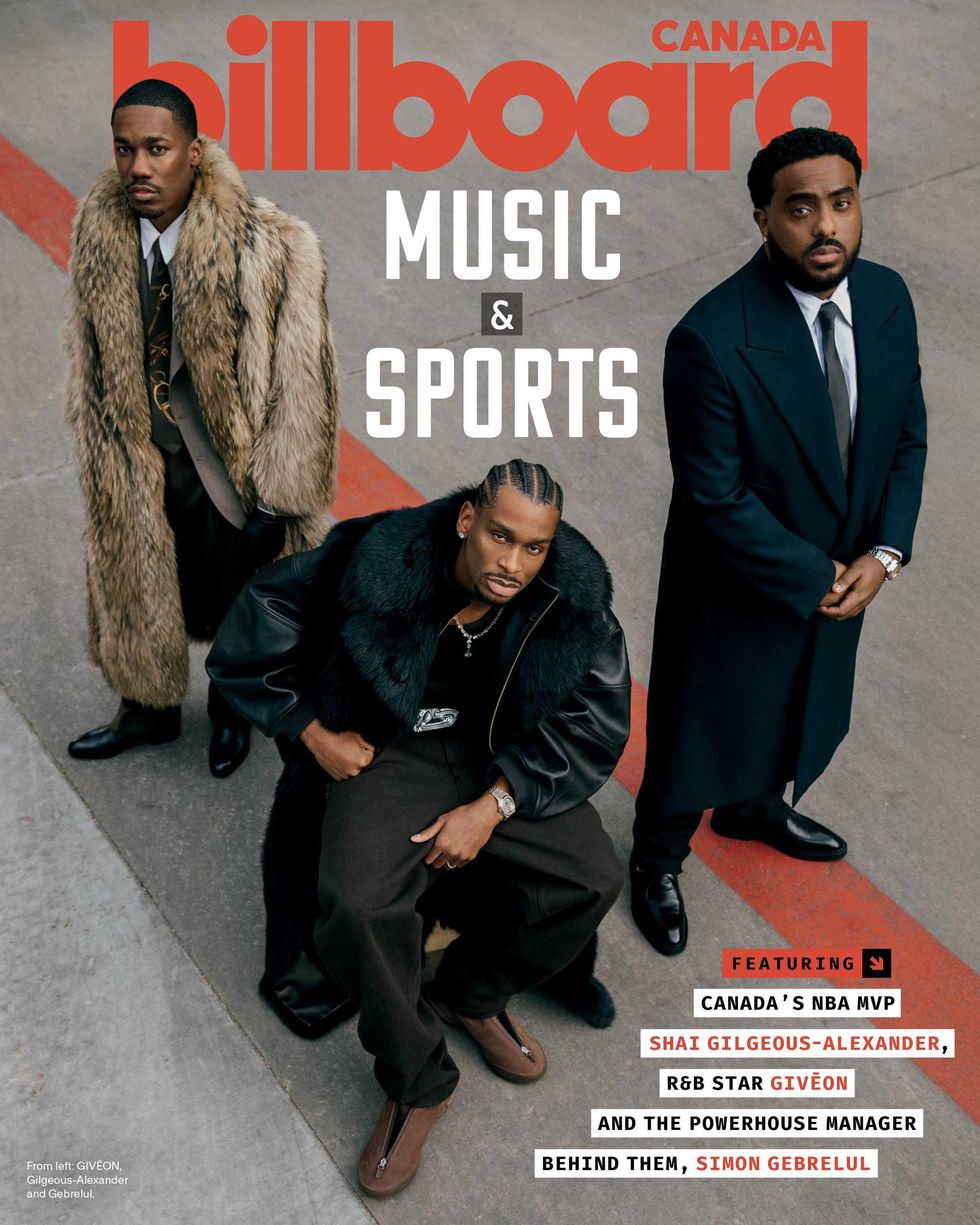A Conversation With...Zoe Sky Jordan
The daughter of two of Canada’s top songwriters is forging her own musical path. In this in-depth interview, she talks about her new record, working with hubby Liam Russell, her creative approach, and much more.
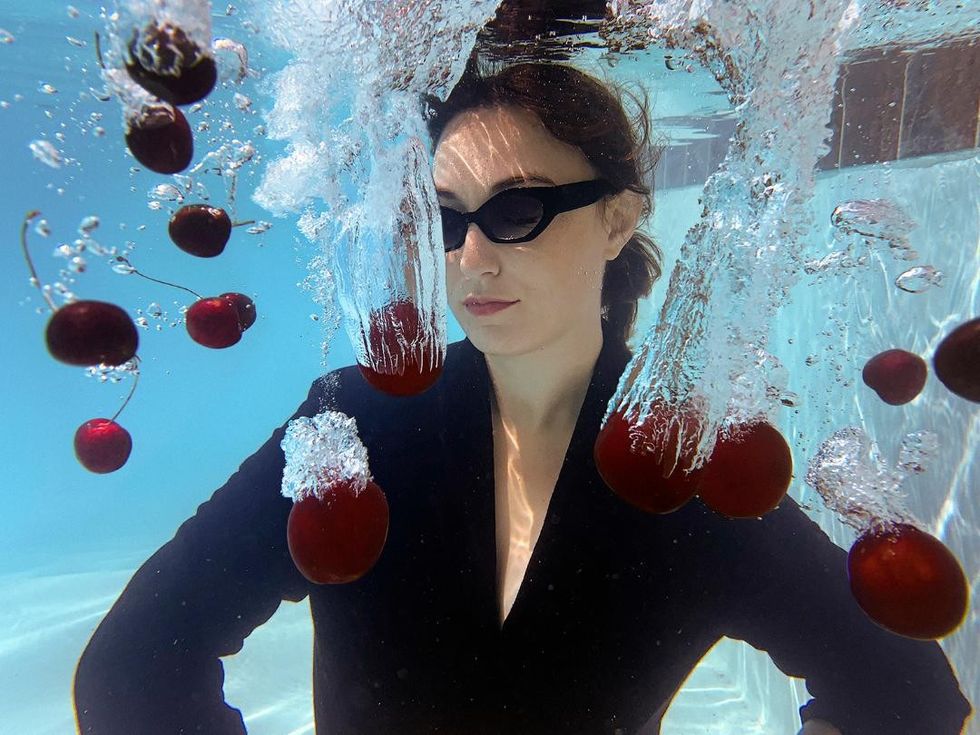
By Bill King
There's something refreshing meeting an artist on the bright side of a promising career. The times have changed, and the ability to attract listeners and build a fan base much more difficult, but the same reverence for the creative process and soul searching continues unabated.
Zoe Sky Jordan resides between two icons of Canadian songwriting, father – Marc Jordan and mom, Amy Sky. One can only imagine the conversations and pressures being a member of such music royalty brings.
In-person, Zoe Sky is electric and focused on the road ahead and self-assured. We caught up at CIUT 89.5 FM when she recently guested on the Bill King Show. Just a note, this is my 6th anniversary for the show.
Bill King: How's life for you?
Zoe Sky Jordan: Life is great. I just got to town and am living in Nashville now. I haven't played a show in Toronto since last May.
B.K: And why is that?
ZS.J: I've been working on a record, and I do some writing for other people in Nashville and just been kind of in the prep world. And now, part one of what's going to be a two-part album came out on the 6th - my dad's birthday. So now I'm playing some shows and promoting it.
B.K: I have a son in the music industry, and he's a prominent musician. There's Jim Cuddy and his son, The Good Brothers and their sons, Prakash and Jordan John, and your dad is Marc Jordan and mom is Amy Sky. And you're cool with that?
ZS.J: I mean, what can I do about it?
B.K: Is that usually something that's asked of you right from the beginning?
ZS.J: Yeah, a little bit. Yeah. And now, my brother (Ezra), he was on The Launch and doing great. He's got millions of plays on Spotify and so on.
B.K: He can sing.
ZS.J: And he's a great writer. I think it's cool. I mean, it's part of the story. It's why I remembered being in music was a good idea in the first place.
B.K: Is your dad's a tortured writer?
ZS.J: Tortured human.
B.K: He's one of the funniest "dudes," I know. When we talk, it's like I'm talking to a visitor from another planet. It's great conversations, and when talk turns to songwriting, it seems to "pain" him.
ZS.J: How?
B.K: He was working on the Oscar Peterson project and spoke of how hard it was to put lyrics to music that's already been there for a long time and in a jazz mode. And if you don't get it right, you don't get it right. I'm guessing there are times when you sense you're not making the exact contribution to a project, and it can be challenging to do.
ZS.J: It's kind of like a producer mindset because you're working on something that already exists, and you're adding to it, and you're trying to be respectful, but then you're also the artist. And that was a tricky project.
B.K: Have you had to do that yourself?
ZS.J: You know, I love to do that. And in some ways, I "Topline," that's a phrase nobody knows in Nashville, but when I lived in L.A., that's what they call it - just melody and lyrics. I just did a song with a great producer named Kayobe. We have a song out called No Sympathy, and that was fun. I love and prefer to write with a drumbeat. That's how I wrote this whole E.P. just with a chord, vocal - vocal beats. I think as a singer-songwriter, it gives you an edge. I like having little parameters.
B.K: You let words come out.
ZS.J: I do. Both in life and music.
B.K: You have the drumbeat, and let everything come out, and then you sit back and look at it, and decide if there's something there.
ZS.J: Yeah. It's I think Hemingway says, write drunk edit sober. And that's kind of what I do. I'm not always drunk - maybe sometimes. I just get it all out and then go back.
B.K: If you try to think logically through this, sometimes you're not going to get it.
Z.S.J: No, it's a different part of your brain. Sometimes you don't even know. It's like going to therapy, and sometimes you say stuff that you could have said at home, but you weren't prompted in that way. You need to be asked the right questions. You need to just kind of be in the mode, letting it flow. It's such a cliche to be like "writing as therapy," but it does get to that part of your unconscious and bring things to the surface. If you're going to stop yourself while you're writing and ask, "do I mean that or what is that," it's not going to work?
B.K: Getting back to Hemingway, the sentence. Do you labor over a sentence? Is there a better word?
ZS.J: I am a big fan of editing and shrinking and finding the perfect word. But as a rule, I'm not a perfectionist. I often think what comes first is right.
B.K: Hemingway's Farewell to Arms. The New Yorker, maybe 22 years ago, picked apart the opening paragraph – one hundred twenty-six words as the most telling opening paragraph in modern literature. I had to think about that. And then they break it down. It is so beautiful. Once you see in print, you can apply the same technique to lyrics - how in the opening lines, the landscape, and actions around set up a story. Words mattered to Hemmingway.
ZS.J: You know the John Prine song Angel from Montgomery? That song just makes me cry. And it's so simple. But the words he uses are so precise. And there are things in the first verse - he uses the word "old" three times, and you wouldn't normally do that – it's like - pick a new word. But whether it's intentional or not, it's so effective. I just did a cover of that song with my friend Jeremie Albino, and we talked about the song forever, and it just brings tears to my eyes. It's written by a man, but I feel like it's such a woman's song, not just because Bonnie Raitt sings it, but it's about frustration and "can't get out of your circumstances," and makes you cry.
B.K: I was thinking of a Little Big Town and 'Girl Crush.'
JS.J: So good. I had that song title, and I never wrote it.
B.K: It's one of the greatest songs ever.
ZS.J: It is.
B.K: I teach a class at Harris Institute. In my songwriting class, it's the first song we take apart. I insist they listen and absorb. For a songwriter and the way the story unfolds, you have to step outside and tell it from a different angle. Girl Crush is told through the eyes of a girl who has a crush on the girl who has the guy she most desires. Everything said in that song melts the heart. She smells her perfume. Thinks of the sheets slept on beneath the other girl and guy. How do you put that in words?
ZS.J: What is never really said I think works in that song is that's that is so real. Has there ever been a song about that? Girls get obsessed with girls all the time. It's a profound, awesome song. If you take it at face value and in Nashville where I live, well it right in Nashville, people get it. And then just outside - the national people, don't like that song. What is it about? And anyway, it's very layered.
B.K: Your new E.P.?
ZS.J: I wrote this E.P. around the time I was getting married to my husband, who is a singer-songwriter, Liam Titcomb - and he produced it. He now goes by Liam Russell. His full name is Liam Russell Titcomb. The two of us have a million last names together.
It was a weird time, moving to cities a bunch of times in my 20s. I just kind of felt like I kept losing time. And then we decided to get married. I asked myself, "am I old enough to do that? Like, what is going on?" I felt unfortunate even though I was ready to do it. I think that was actually what made me sad. I was like; I guess I'm ready to get married - that old chapter of my life where I had this different sense of independence and freedom is gone. I felt depressed. I think for as long as we were engaged and then after the wedding, people just want to talk about it. I mean, it's excellent, but we're celebrating something that's already happened. We're together. We're going to stay together. And what's really on my mind is the fact that there's been so much change. The song So Jive is about that.
Jessica Bellamy: Was it one of those instances where, again, you're just like, I'm just going to put it out all on paper, everything that I'm feeling and what was the editing process of this particular song? Because it's so incredibly personal?
ZS.J: It took a long time to write - I had a few different versions of it. I had the title Jive and is not a word I use a lot. It's kind of losing your cool, and I was just trying to hold onto it -this moment of growing up and figure out what I still care about.
J.B: What was the editing process like?
ZS.J: It was long.
B.K: With radio being what it is, what audience will this go to?
ZS.J: Streaming.
B.K: You've had songs covered?
ZS.J: A Little bit.
B.K: Is it finding the right audience or the right artist for your songs?
ZS.J: Yeah, it is. I think also it has to be more of your focus. What I do really like is writing with artists together. I think that's maybe more effective.
B.K: I look at you, and often, the daughter or the son of parents would look like one or the other. You look like both.
ZS.J: I have my mom's face on my dad's body.
B.K: Has the four of you sat down and sang together and just try to work out a song with harmonies and share the lead lines?
ZS.J: You know, we don't do that a lot. My dad is nominated for a Juno. We spent a long time on the opening line of What Are You Doing for The Rest of Your Life? I still don't think I get it. It's peculiar - I have a video, it's on my Instagram. The four of us singing, " What Are You Doing the Rest of Your Life? And my mom is saying, no, no, it's wrong. It's wrong.
B.K: Was it finding the right notes?
ZS.J: Yeah. It's a tricky intro. It is very confusing. It's a secret video I took at the dinner table.
B.K: Does the family go through this at times? A song comes up, and you all start singing it.
ZS.J: Never, never, never. We all kind of do our genre, right?
B.K: And Marc is in a room painting.
ZS.J: Yeah. And my dad's doing a lot of painting.
B.K: He loves it. He does very well with it.
ZS.J: Well, he treats it like he treats his music - he just works on it all the time.
B.K: Do you ever walk in on him while he's painting?
ZS.J: I don't live here anymore. So when I can't find him, that's where he is.
B.K: He has a room set apart?
ZS.J: He turned their garage into a painting studio. It's not well ventilated. I worry about him a lot.
B.K: He's Mr. Fumes.
ZS.J: He's covered in paint. I was looking at his hands last night, and he's holding his hand up, and I looked at his nails and said to him – "your nails are corroded by paint." He is – like, "they are?"
B.K: What's your mom up to?
ZS.J: I don't know how much I could talk about it, but she's working on some musicals.
I'll say plural. She's done a ton of interesting niche projects in the last few years. Meditation records and Jewish prayer records - just kind of following her bliss. Things that really interest her. And you know, she's a producer. She was in a project with Olivia Newton-John and Beth Nielsen Chapman, like, a T.L.C. kind of girl group. I believe my mom played Penny Whistle in it, but that was also a niche project all around the grieving and dying process. They worked with a live hospice on it. And yes, she's done like just a bunch of random stuff that interests her.
B.K: Liam and you. What are you doing together?
ZS.J: We've been working on this project. We swore we would never work together, but we did on this record. I feel that I did kind of trick Liam into working on it with me. I sort of took it away from him - I don't know, I'm going to produce and work with this guy, a little with this guy, this guy a little. And think Liam was just like, let me do it.
He's had the opportunity to work with some of the world's best producers, like Bill Botrell and Jay Joyce. I feel that comes through in his production work. He doesn't do a lot of producing for other people, because he's been making his career. I think he's going to start.
B.K: Do you get to see Liam's dad perform, Brent?
ZS.J: Yeah.
B.K: He's a great songwriter. He wrote for Anne Murray.
ZS.J: Brent is Killer; he is a rock star. He just has a presence - he stands there, and you're like, oh, my God, what's going on to the room – what's happening here?
B.K: It could be intimidating as a young artist next to this guy, nearly 80 - and he just stands up and commands the stage.
ZS.J: Big time? He's a heavy meditator.
B.K: Do you meditate?
ZS.J: I can do 20 minutes twice a year.
B.K: I can do eight seconds now and then.

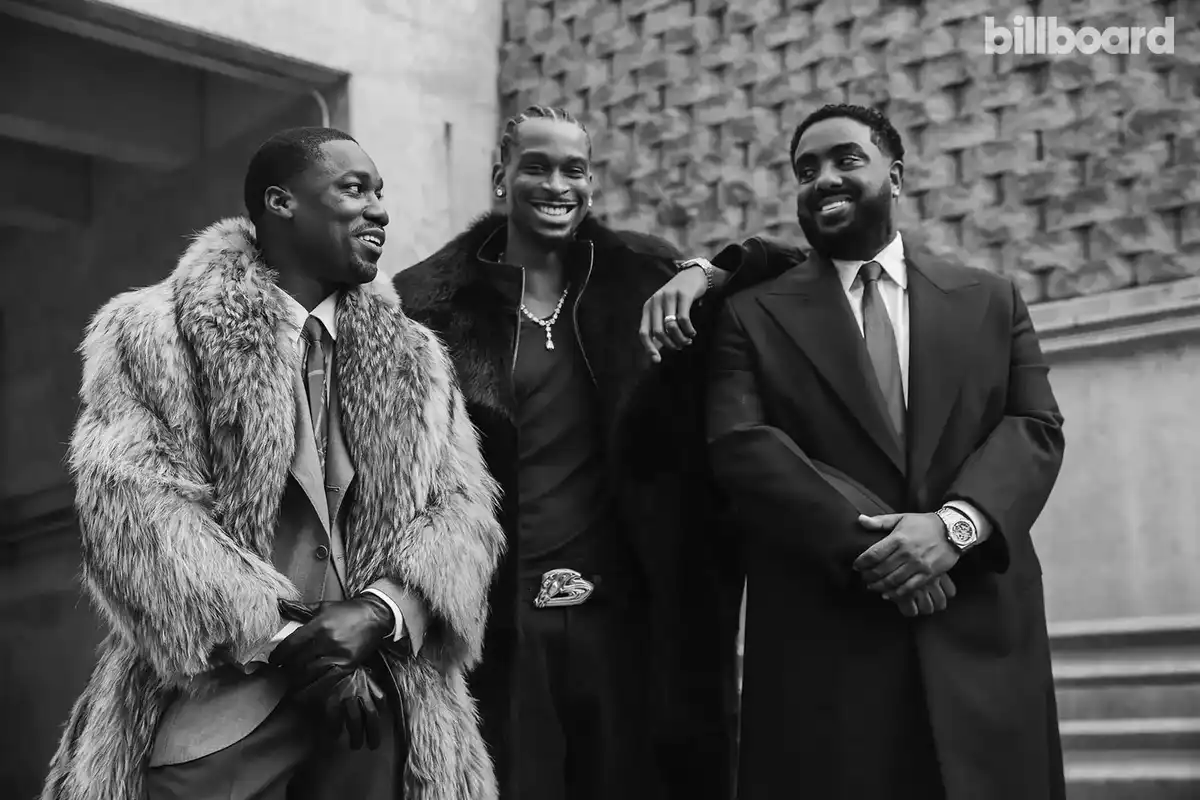



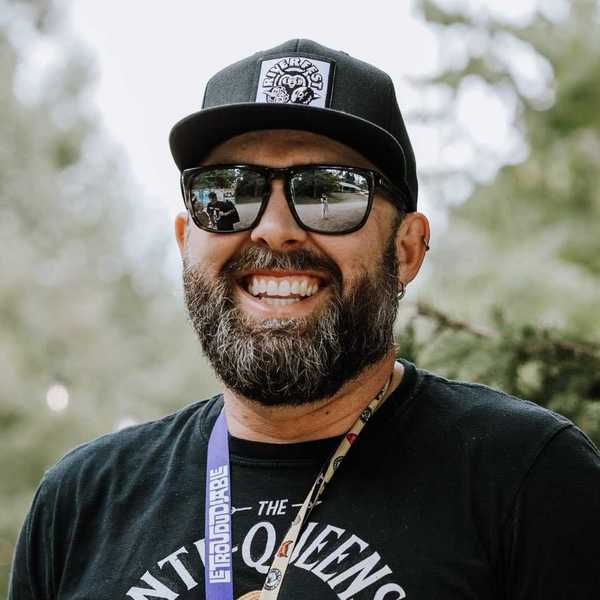
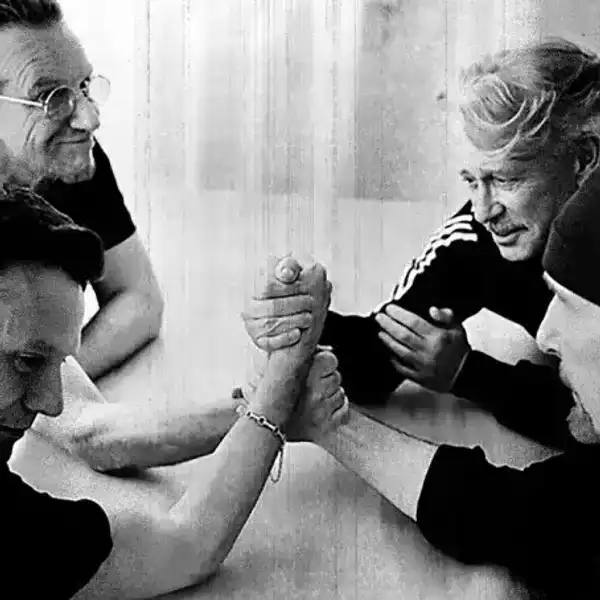
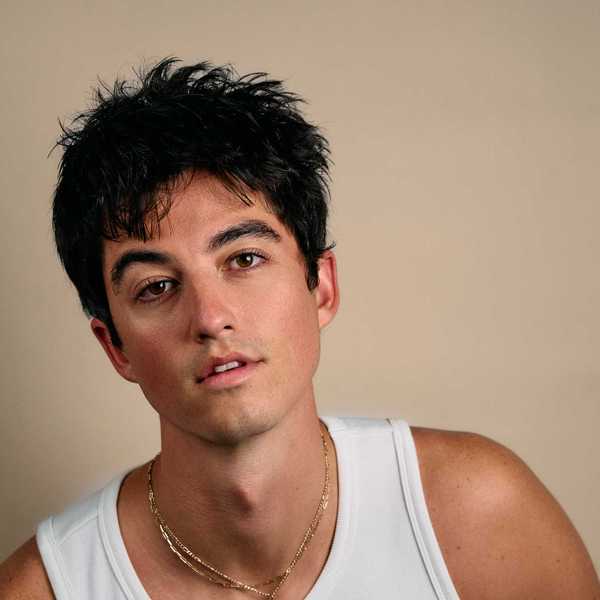
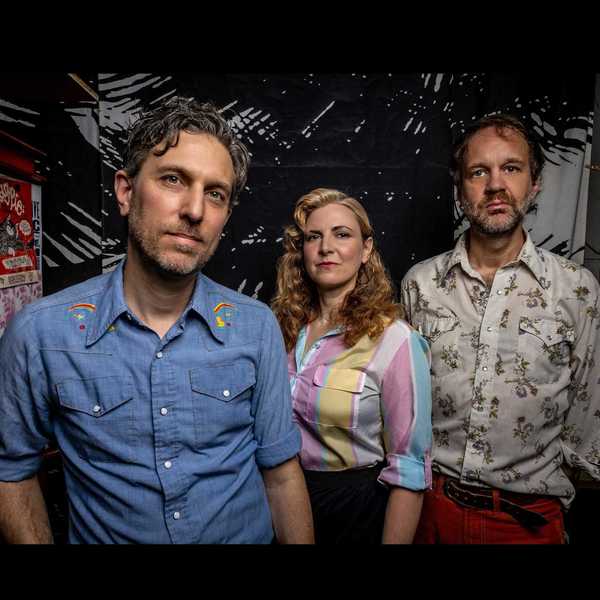

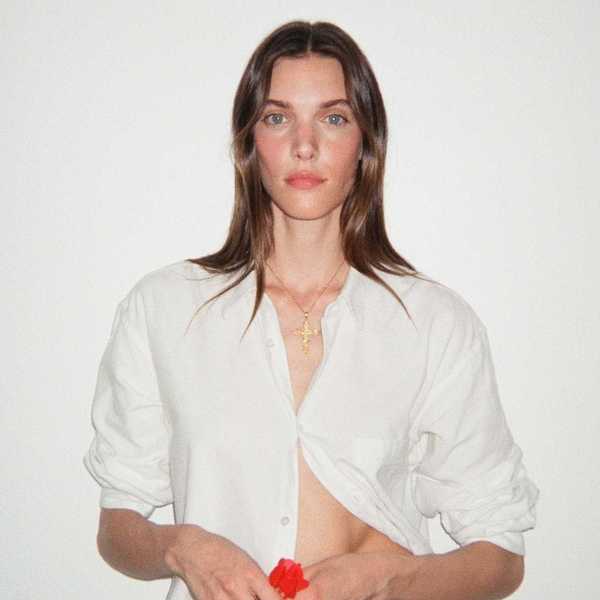
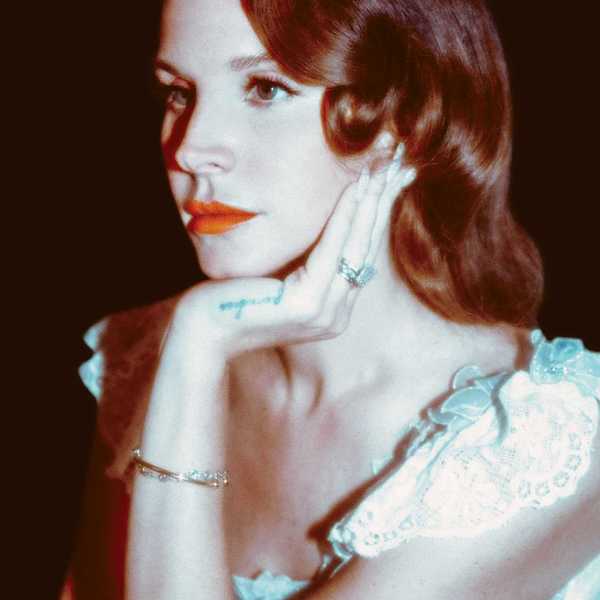
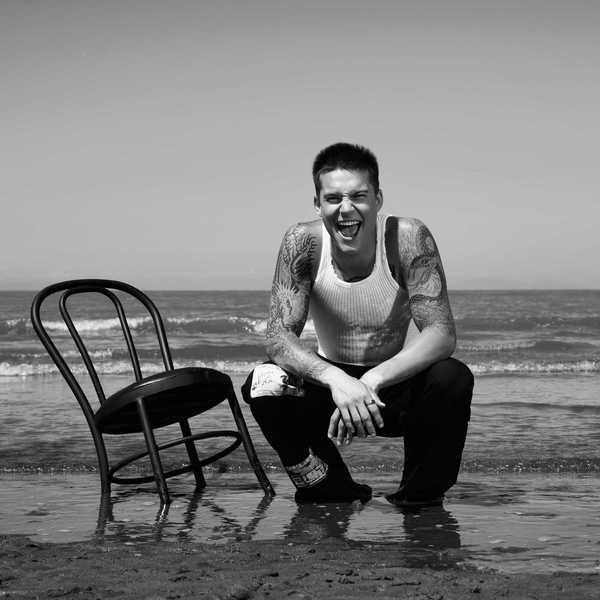
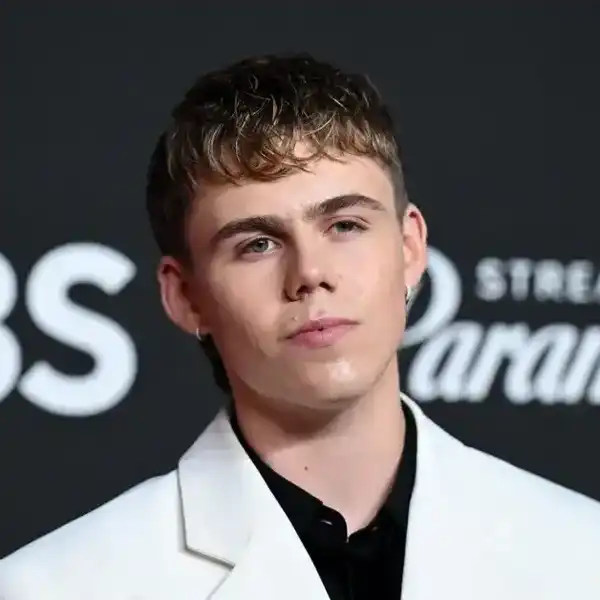
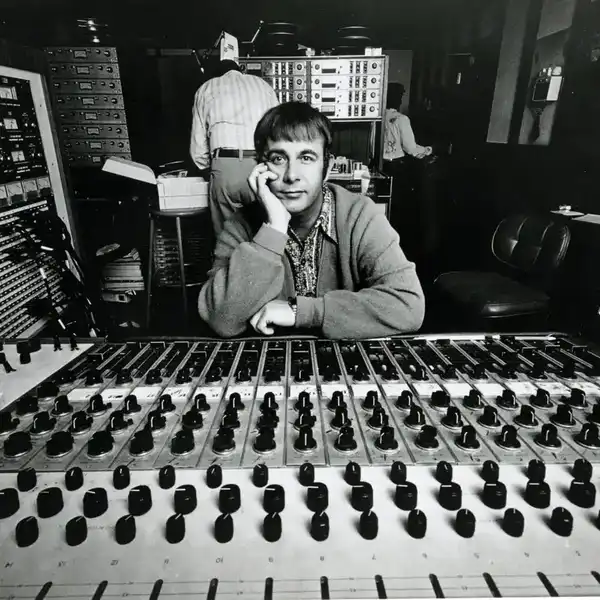
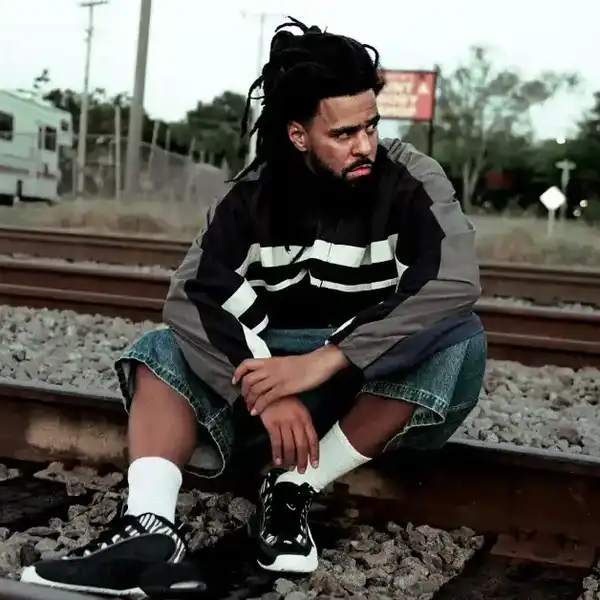
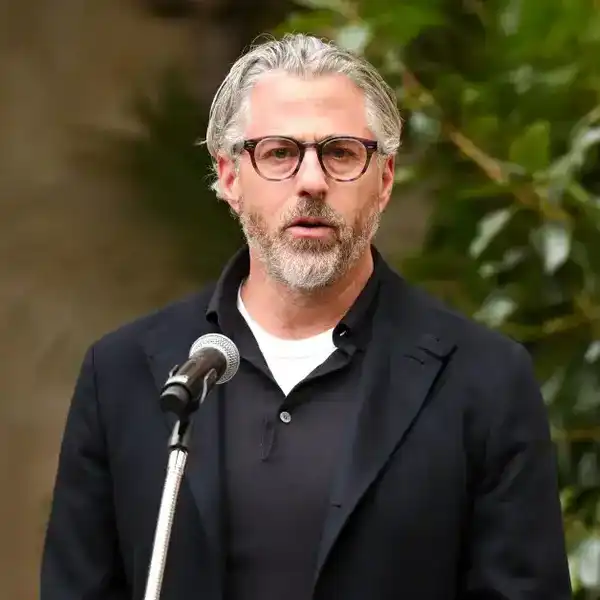
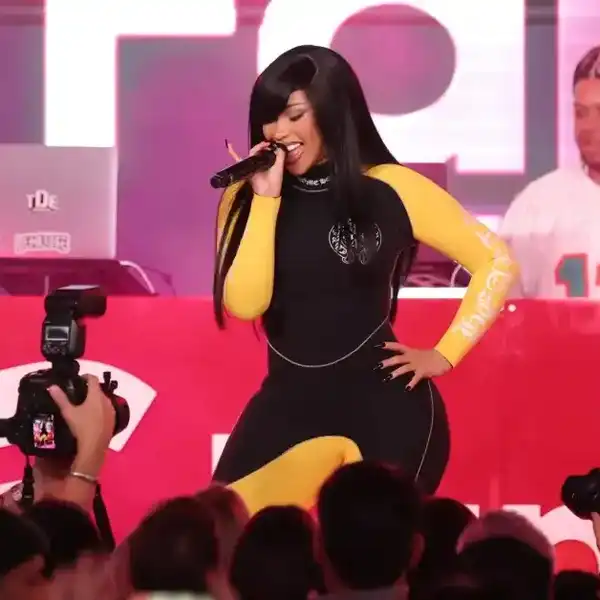
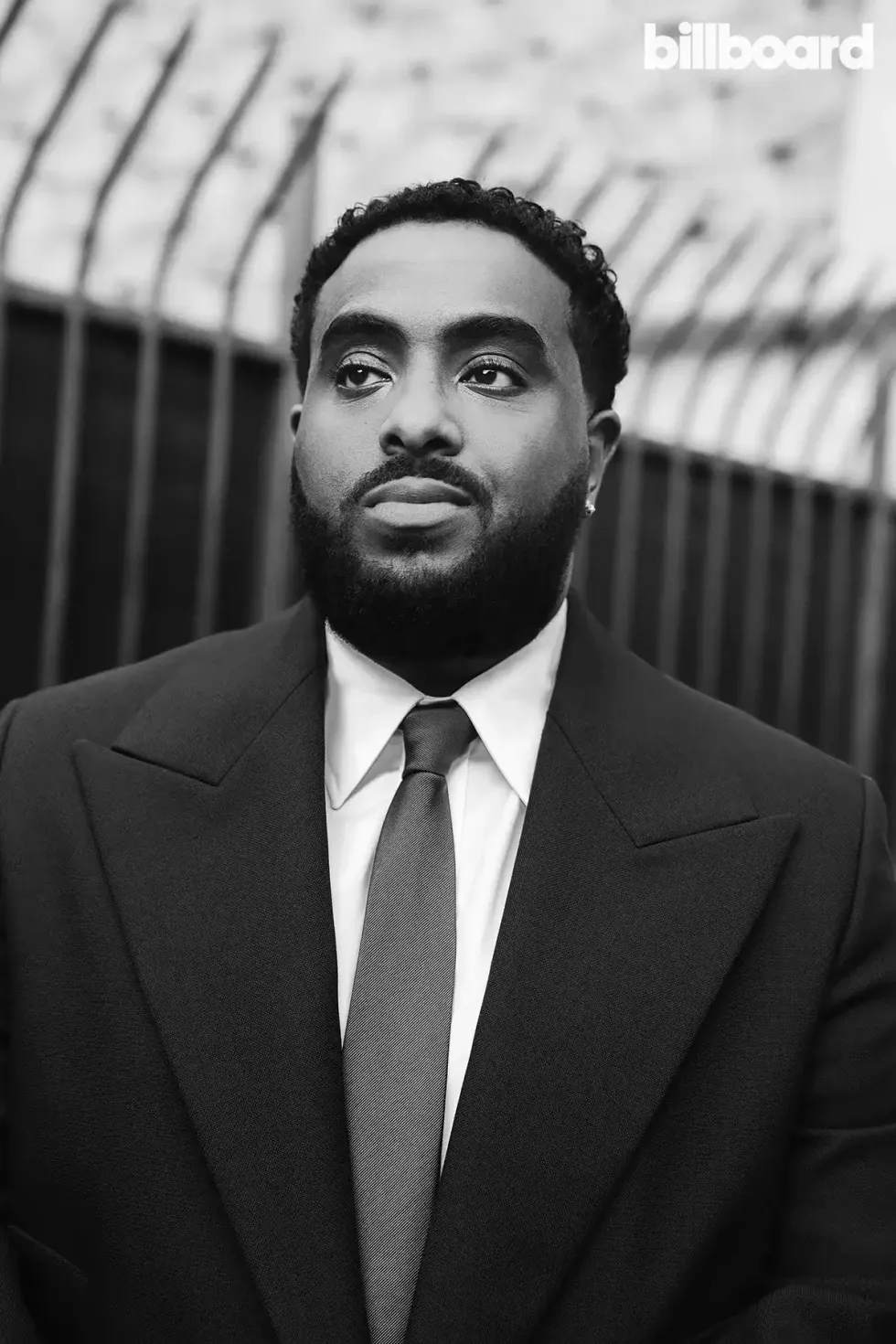 Simon GebrelulDiwang Valdez
Simon GebrelulDiwang Valdez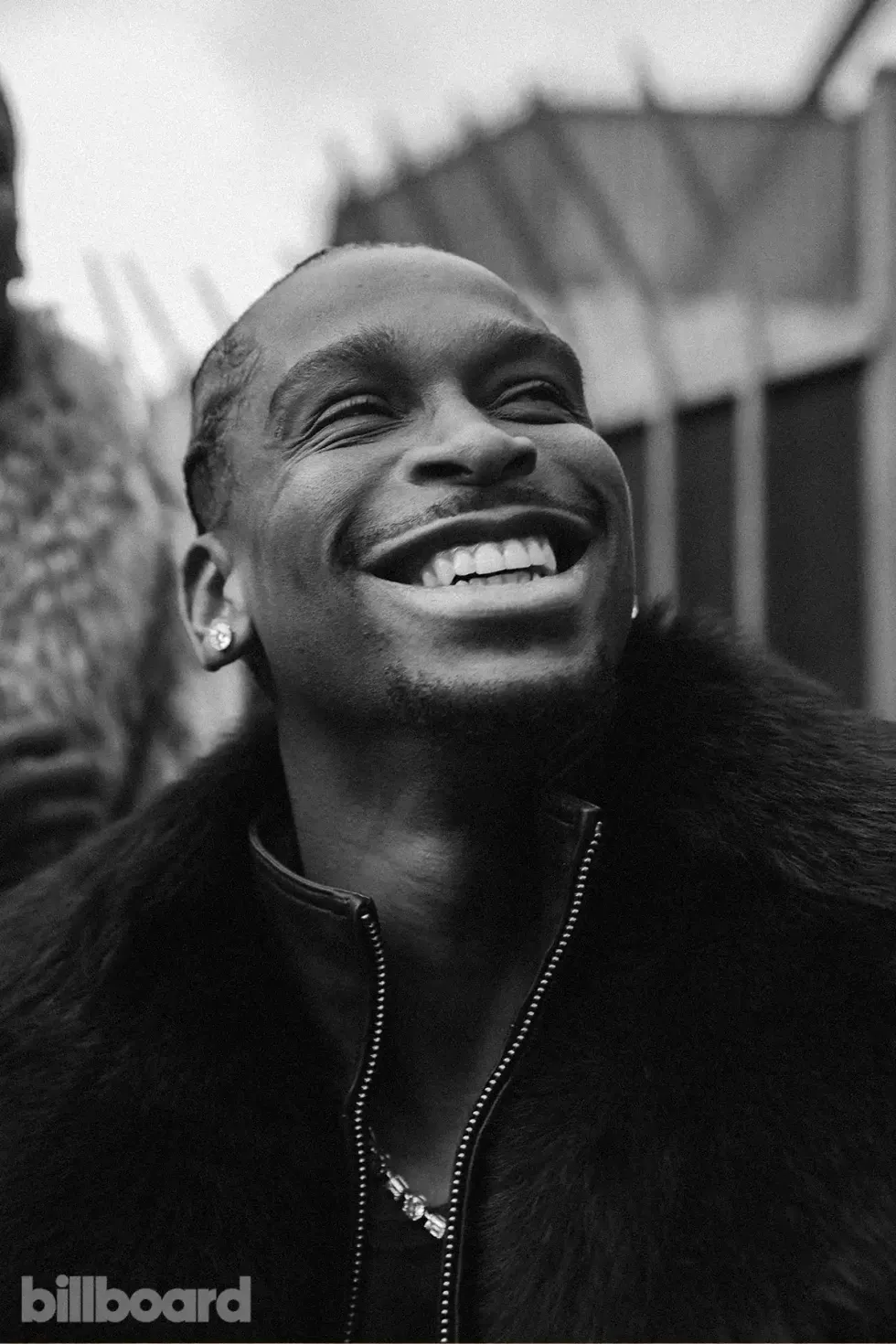 Shai Gilgeous-AlexanderDiwang Valdez
Shai Gilgeous-AlexanderDiwang Valdez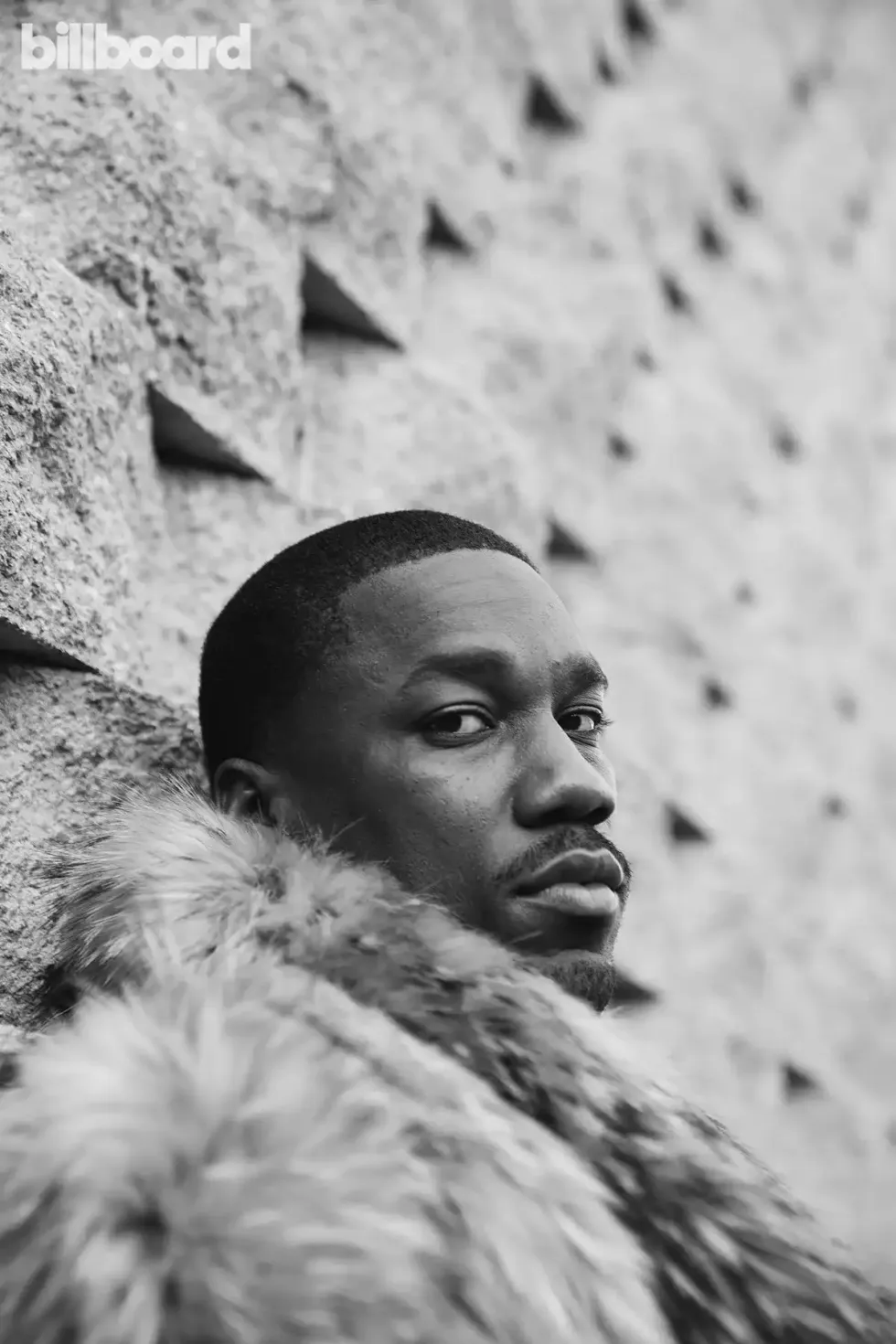 GIVĒONDiwang Valdez
GIVĒONDiwang Valdez